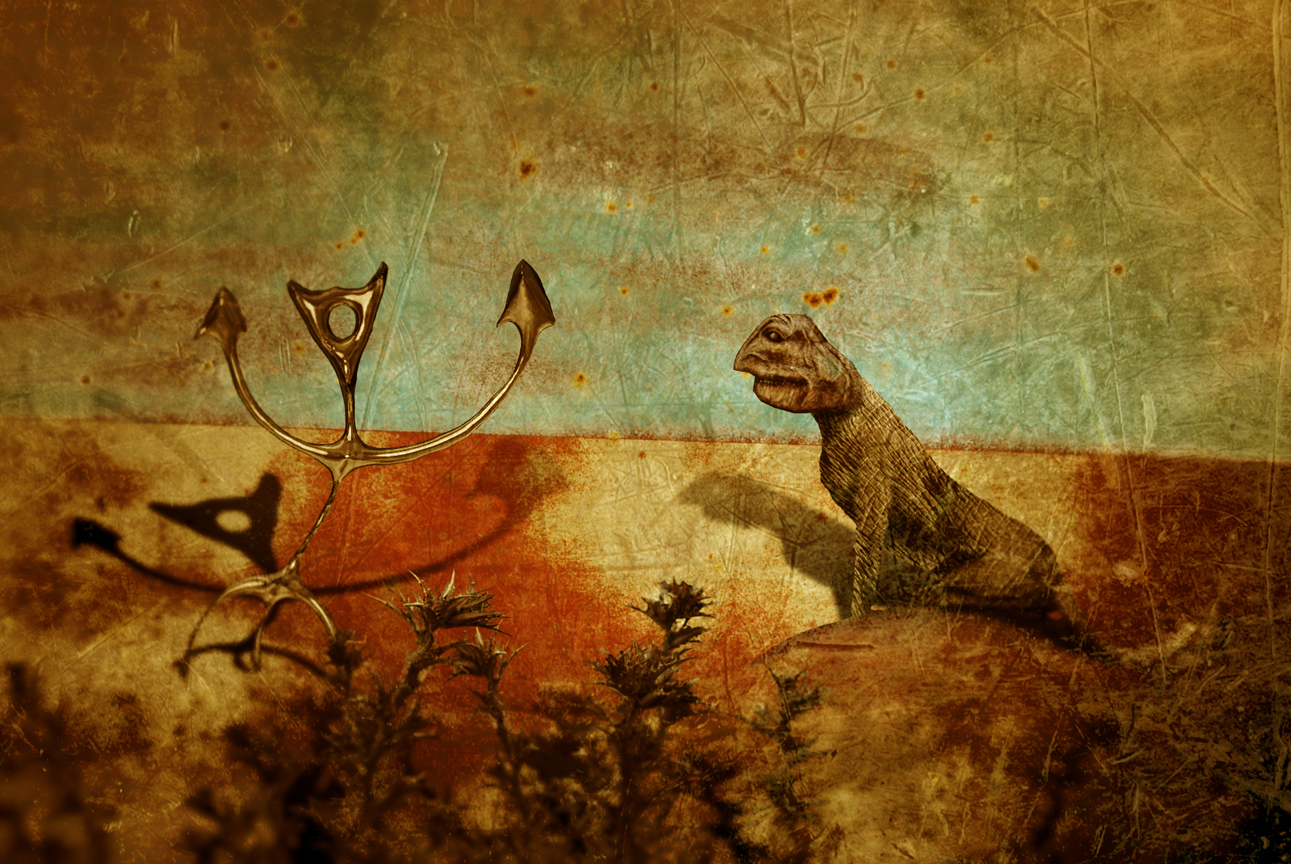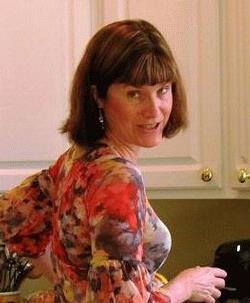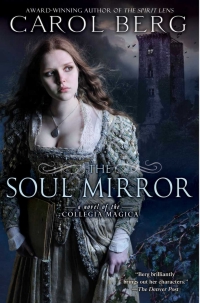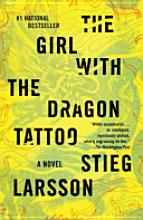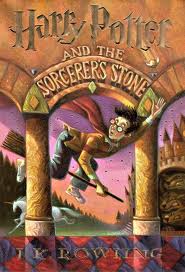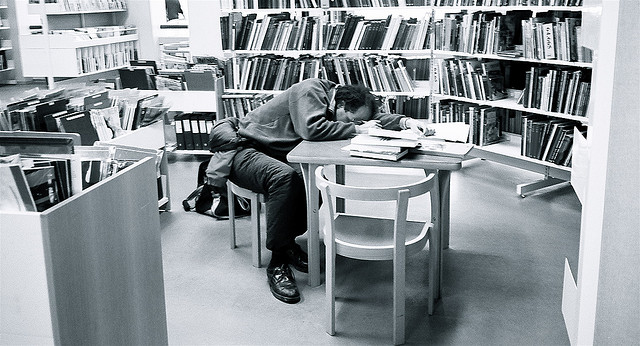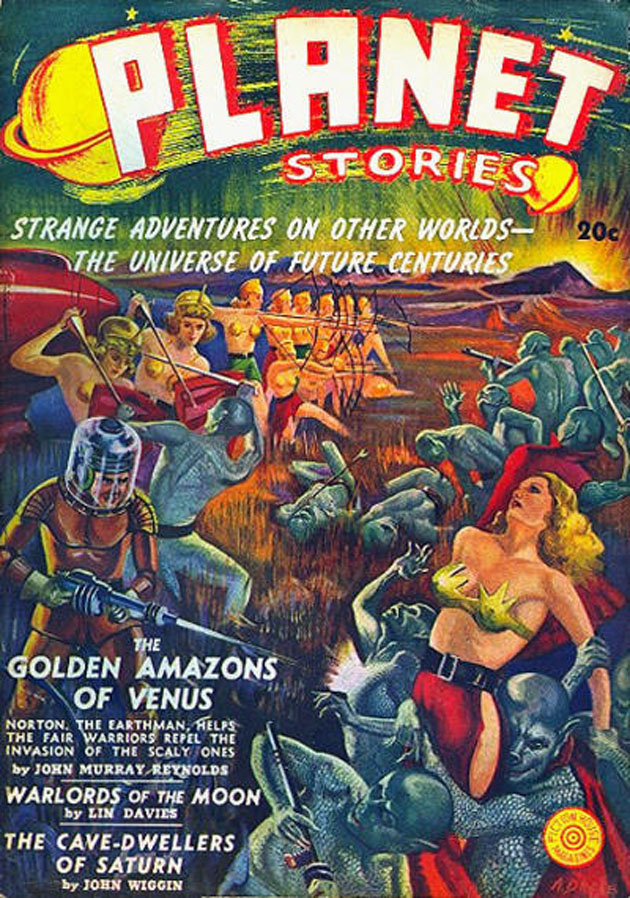| I went to a program Saturday about the "Wild West of Publishing" in which self-publishing, print-on-demand, custom/independent publishing, traditional publishing, and electronic publishing were compared. There are definitely more publishing avenues available for authors than ever before, each with their various pros and cons. | 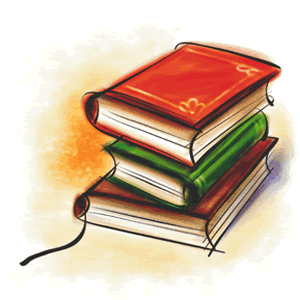 |
The primary differences seem to be the cost to the author. Self-publishing, print-on-demand, custom, and electronic publishing all require the author to pay some costs up front--although these differ widely, with electronic cheapest, and custom publishing costs going up to $18,000 or higher. Traditional publishing, of course, does not cost the author up front. A possible drawback to traditional publishing is the author sells away the rights to their work and it can be costly to get them back later.
There's another consideration, however, as only books produced by traditional publishers make the author elgible to join professional organizations such as Mystery Writers of America (MWA), Science Fiction/Fantasy Authors of America (SFWA), Horror Writers Assocation (HWA). (Romance Writers of America (RWA) is a little more lenient.) Thus, although there are a lot of new publishing opportunities, maybe things haven't really changed so much.
It will be interesting to see what the future brings. What will happen to the publishing world? Will the professional organizations change with the times? What do you think?

